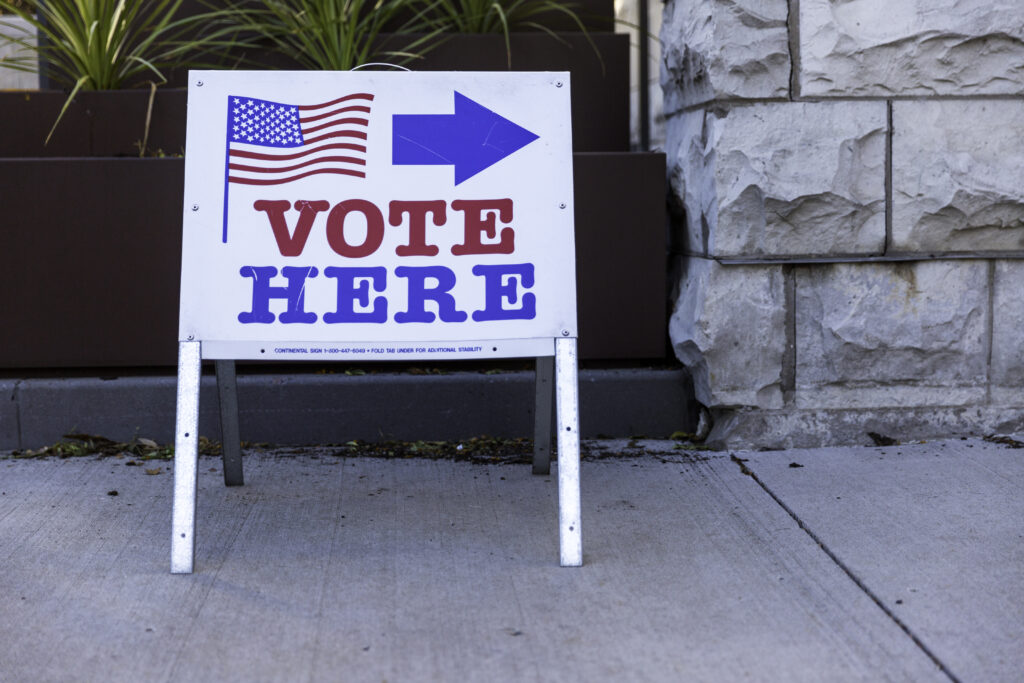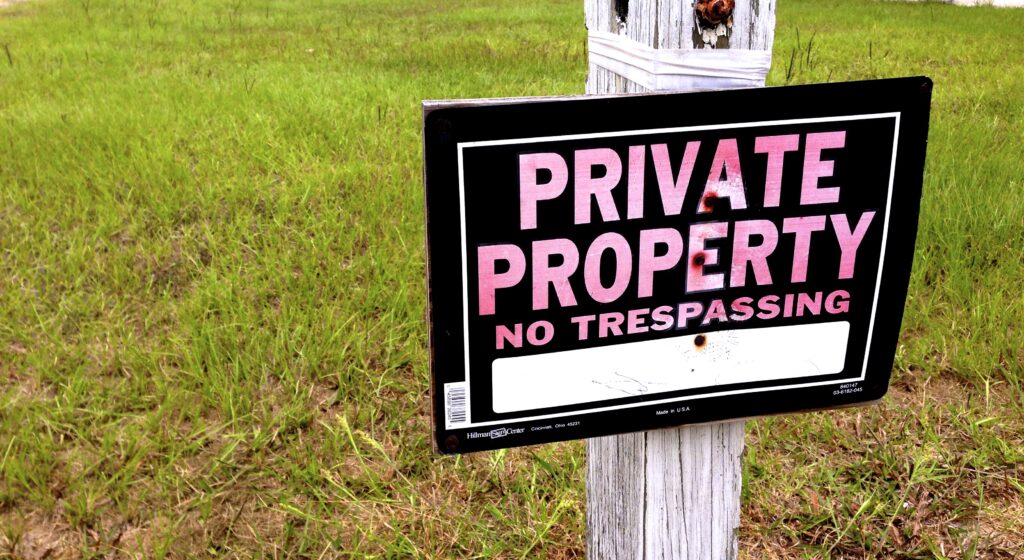In his first State of the Union (SOTU) Address, President Donald Trump proudly made the case dramatic cuts in tax rates and government regulation are freeing the U.S. economy to generate millions of new jobs. Interestingly, Trump offered just one observation as to how businesses might find well-qualified people to fill all those openings: “As tax cuts create new jobs, let’s invest in workforce investment, and let’s invest in job training, which we need so badly. Let’s open great vocational schools, so our future workers can learn a craft and realize their full potential.”
As inspirational as Trump’s speech was, that brief reference to education and training raised more questions than it answered. (Additional details may emerge as the White House rolls out its many policy proposals.)
It was refreshing to see Trump unashamedly choose to refer to “vocational schools,” as opposed to trendy euphemisms such as “career academies.” Decades ago, vocational schools took on a stigma for sometimes being a dumping ground for kids who couldn’t succeed in academic studies. But in today’s economy, that’s rarely the case, and students should take pride in choosing a vocational school and setting their sights on learning how to be the best they can be in the line of work they love. In many cases, they may not need to go to college to achieve their goals.
Rep. Virginia Foxx, R-North Carolina, the capable chairwoman of the House Committee on Education and the Workforce, made it abundantly clear she’s on board with Trump’s emphasis on jobs
“There are over six million unfilled jobs in this country and the president knows how important it is to equip people with the skills to take advantage of new job opportunities,” Foxx said in a post-SOTU statement. “All education is career education, and I am proud to work with President Trump to provide Americans with the tools they need to land rewarding jobs and build a prosperous life.”
Many philosophers and everyday folks alike would take exception to education being labeled strictly careerist. A well-rounded education prepares independent-thinking individuals who can be good citizens in a free country. Quibbles aside, vocational education could prosper if job creation booms as predicted.
Slow down a minute, though. When Trump said “let’s open” vocational schools and let’s “invest” in workforce preparation and job training, did he mean the federal government? The record from President Lyndon Johnson’s Great Society forward suggests that would be a colossal waste of taxpayer money.
In 1986, a Cato Institute study found that during the previous 25 years, federal job training programs had “warped work ethics, helped disillusion generations of disadvantaged youth, and deluged America with fraudulent statistics. After spending over a hundred billion dollars on manpower programs, we have learned little or nothing: today’s programs merely repeat the mistakes of the early 1960s.”
And the overwhelming evidence against federal job training programs has only grown since. As voters flocked to the polls on Nov. 8, 2016, to choose between Hillary Clinton and Donald Trump for president, the U.S. Labor Department sneakily released a report completed five years earlier showing the Workforce Investment Act had been a complete bust.
“Specifically,” observed a Heritage Foundation analyst, “the study found that the programs are largely ineffective at raising participants’ earnings and are offering services that don’t meet the needs of job seekers or employers.”
Nor should the president, or any of us, for that matter, forget that Washington, DC’s two most concerted efforts to nationalize school reform — Bill and Hillary Clinton’s School-to-Work Program (part of Goals 2000) and President Barack Obama’s Common Core — largely sought to peg education to workforce preparation.
In a mid-January address, Secretary of Education Betsy DeVos delivered a surprisingly frank rebuke of such Washington-knows-best initiatives. (She also zapped George W. Bush’s No Child Left Behind.)
“Educators don’t need engineering from Washington,” DeVos declared. “Parents don’t need prescriptions from Washington. Students don’t need standards from Washington.”
So how about putting private consumers and producers at the center of preparation for specific jobs? With their tax rates slashed from 35 percent to 21 percent, corporations ought to be well-positioned to offer their own job-training programs. Perhaps they could collaborate in opening vocational schools as part of an arrangement that’s similar to the one offering health care services advanced by Amazon, Berkshire Hathaway, and JPMorgan Chase.
Assuming student fees would help defray costs, education savings accounts offer a fast-emerging school choice model for making private job preparation affordable for families. By being able to tap into their per-pupil share of state education funding, parents could purchase vocational classes, if their children were so inclined to enroll, while further customizing their education by selecting supplemental academic instruction, tutoring, community-college courses, or other services.
Freedom — it is working for creating jobs, why not for filling them?
[Originally Published at the Detroit News]





